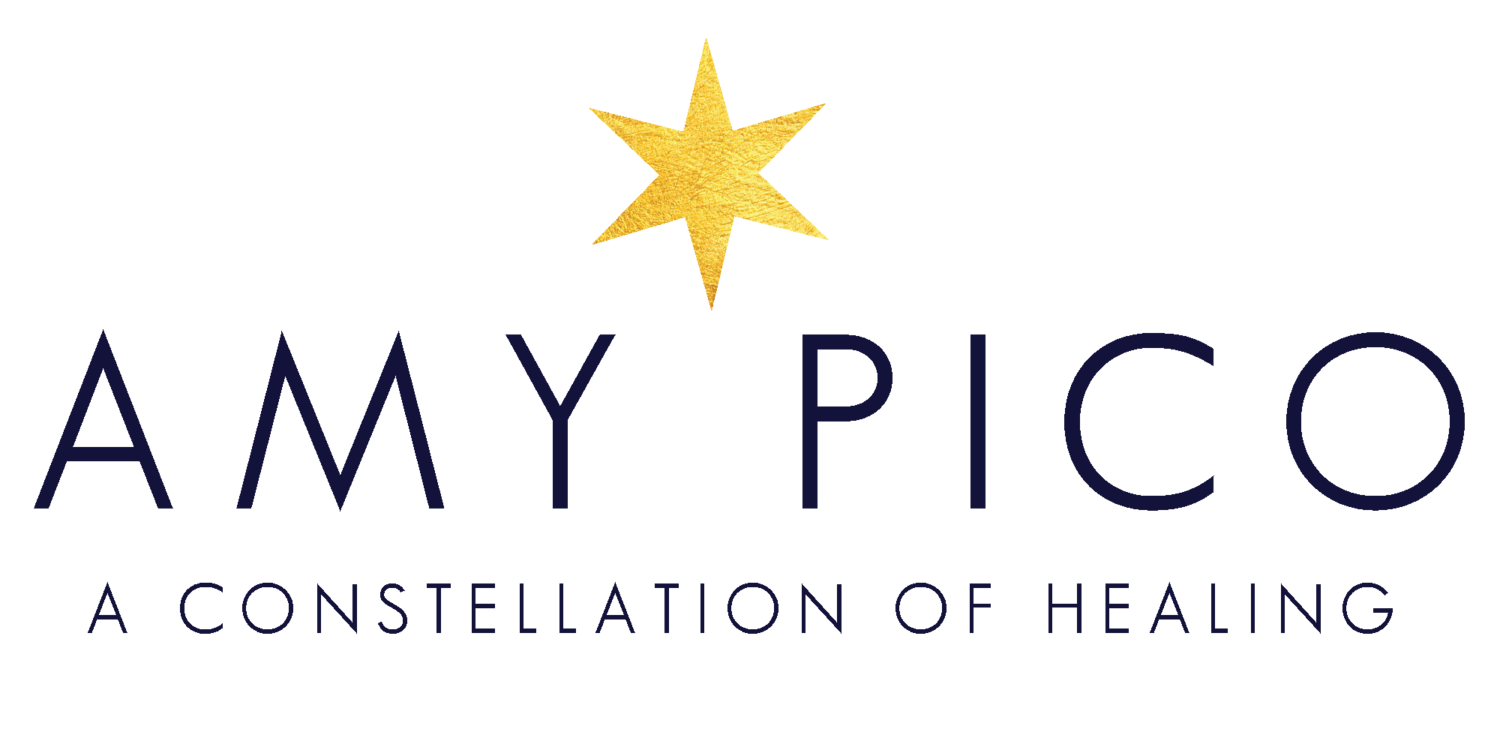My grandfather was widowed over three years ago, and in an effort to stay busy, he began going to the grocery store several times a week. This got him out of the house that carried so many family memories that often left him crushed by his own grief.
In light of COVID-19, Grandpa Ken has struggled to understand his own risk, and the precautions that have been suggested by the CDC. I was able to see him before our statewide quarantine, and talked with him more about family ancestry. Grandpa Ken loves to tell stories about his childhood working on a farm with his brothers and sister. His heart and mind are transported to a simpler time, and a joy spreads over him.
During this visit, in which we were joined by my nurse cousin Nina, we made grandpa aware of the risks of exposure in places like his church or grocery store. Despite these explanations, he continues to go to the grocery store more than once per week. In this light, my second quarantine hack is:
Quarantine Hack #2: Compassion over Judgment
This hack may seem like an impossible task for some and a welcome relief for others. With this hack of choosing to extend compassion to my grandpa rather than judgment, I am choosing to treat my grandpa as I would want to be treated.
This does NOT mean I didn’t judge my grandpa! I certainly had a few moments where I had the thoughts many of you may have had these past few weeks: “Why won’t he listen? Why doesn’t he get it? Doesn’t he know he’s putting himself and others at risk?”
While national and regional mandates are in effect, we all know people continue to make their own choices over whether or not they put themselves or others at risk. So in choosing compassion, here are some benefits:
I am able to take responsibility for myself: If I am faced with the decision of being exposed to someone who is putting themselves at risk, I am able to make decisions that protect myself and potentially others. I can guide my decisions based on what my comfort level is, rather than whether or not I know a person is “compliant.”
I am able to see the humanity in our quarantine: This virus and quarantine is touching upon our basic human needs of trust, security, and mortality. Many of us may want to avoid these feelings and might find it easier to blame others for our natural anxiety during this time. In extending compassion to others, I am able to see that we are all acting out of these basic human needs. This means our decision making is more impaired and I am able to expend compassion to all humans faced with these fundamental issues.
I am able to see “we are all in this together” in a new light: While I admire this message of quarantine as protection for all of us, there will still be people who won’t comply. Therefore, in the light of compassion, I am able to see that even those who may be judged for their actions (me? my grandpa? you?), are in need of compassion and grace. My Grandpa Ken needs my love and togetherness more than ever. With a compassionate heart, I am more readily able to give him love without judgment.
Please let me know what you think, share, and stay safe and compassionate friends!

